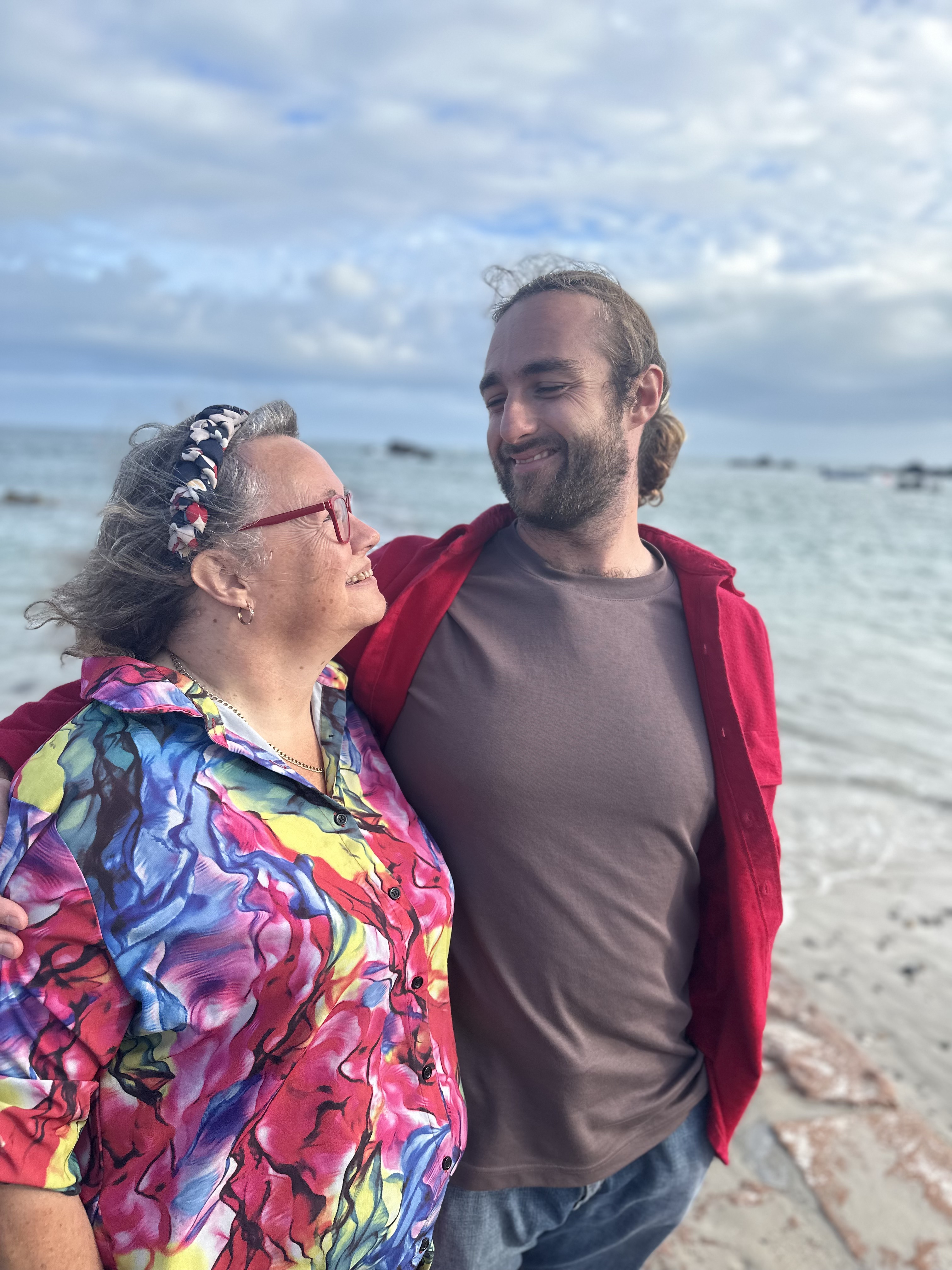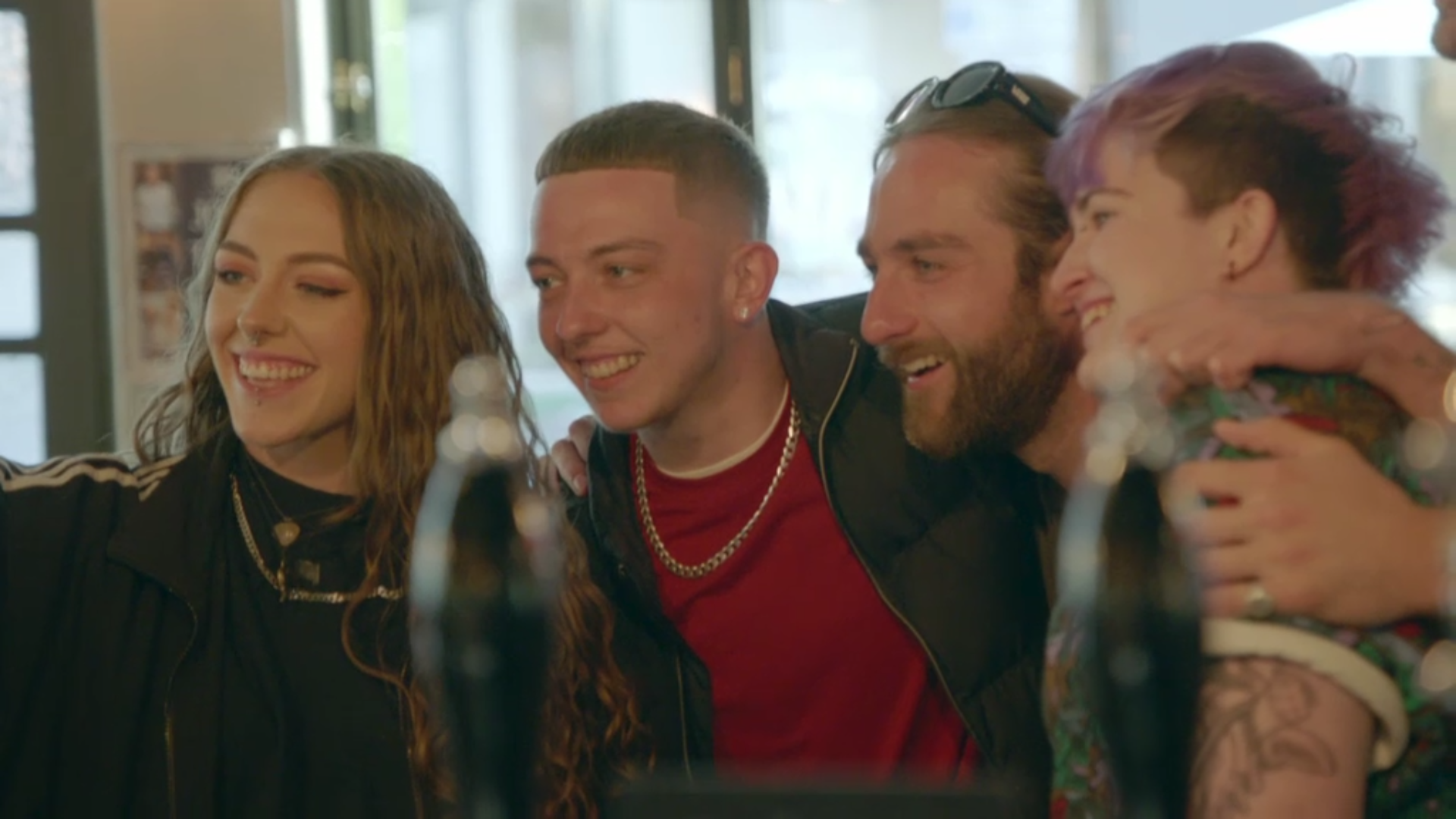


An islander who shared his journey to find his half-siblings conceived from the same sperm donor in a prime-time documentary has spoken out about how the show has sparked a wave of donors lifting their anonymity.
'Born From the Same Stranger’, which aired on ITV earlier in February, follows the journey of a generation of donor-conceived people searching for information about where they came from.
Liam Renouf, the star of the first episode, was born and raised in St Clement.
The now Clapton-based teacher joined Express in the podcast studio on a recent trip back to his home island, to speak about growing up as a donor-conceived person, his experiences filming the show, his newly-found donor-siblings and what sparked his decision to find out – or not find out – more about his donor.

Pictured: Liam Renouf, with his mum Julie, who had him through the use of a sperm donor in the 90s. (Wall to Wall/ITV)
During the interview, he revealed that there had been a "significant increase" in donors lifting their anonymity since the documentary aired.
Taking place last year, the filming was to coincide with a new UK law coming into effect that waives donor anonymity and allows anyone conceived by donation after 2005 is able to find out more details about their identity when they turn 18.
But Liam's generation, born before 2005, have to embark on more difficult and expensive journeys to find out more about their donor.
Liam also said that he had received messages from donor-conceived people who were now thinking of starting their journey, after watching him embark on his own.
He said: "What the show did really well is capture what it feels like to be donor-conceived. Because donor-conception is still fairly modern, there are lots of stories about donor-conceived babies, but there aren't many about what happens when you become an adult. This show showed what it looks like thirty years down the line."
In the interview, he also spoke about the "responsibility" of parents to tell them that their children that they are donor-conceived, as his mother Julie told him.

Pictured: Liam found several half-siblings through the show, after he embarked on the search. (Wall to Wall/ITV)
"It doesn't need to be traumatic, it can just be a fact of her life. All a child needs to feel is loved," he said.
Liam took the opportunity to explain his decision at the end of the show not to pursue contact with his donor.
He said: "That was a personal decision of mine, and I don't think it should affect the general moral attitude of people who want to. It's incredibly important to have access to information and to be able to attempt contact. I have that access and I've decided right now that I don't want to pursue contact."
You can listen to the full interview below – or by searching 'Bailiwick Podcasts' in Spotify, Apple Podcasts or your favourite pod provider...
Comments
Comments on this story express the views of the commentator only, not Bailiwick Publishing. We are unable to guarantee the accuracy of any of those comments.